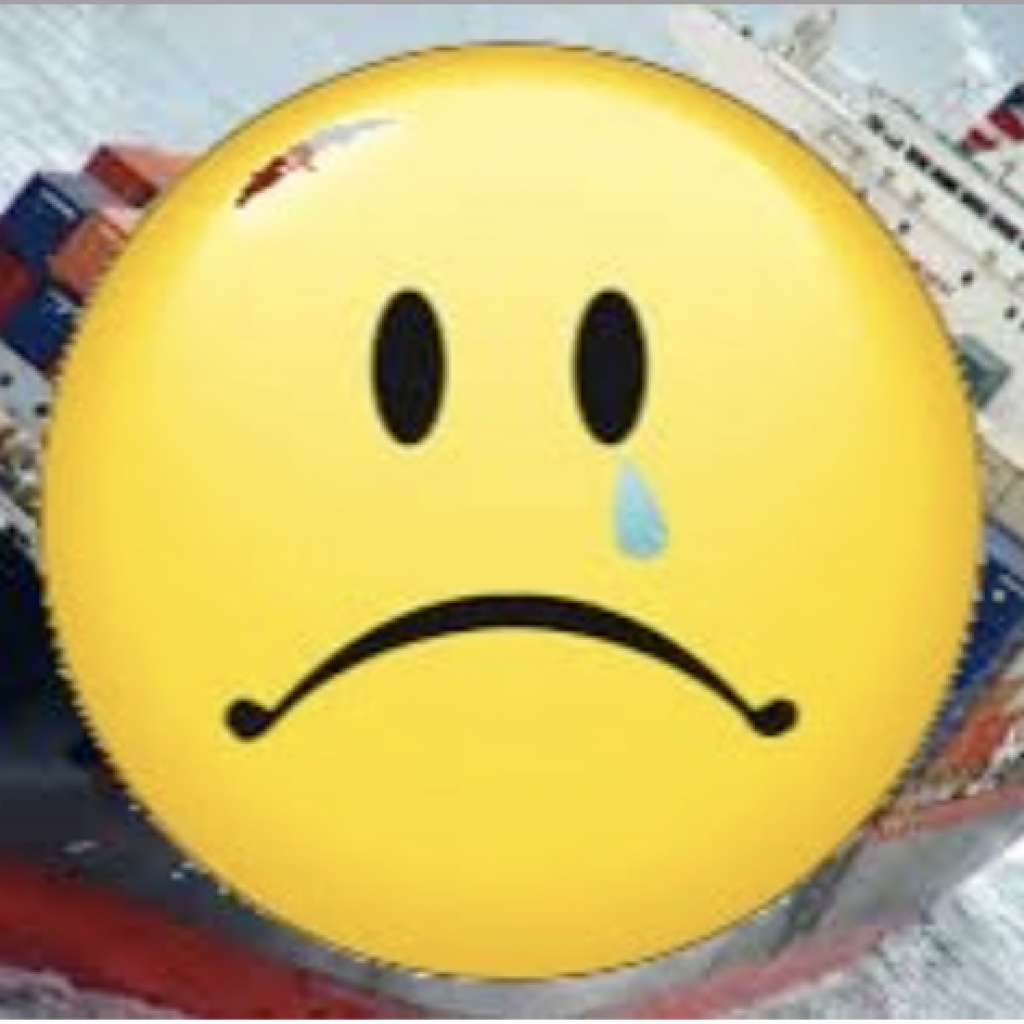Jury Hits ILWU with $93M Verdict for What Union Did to Port of Portland
In March of 2015, I wrote a Universal Cargo blog post about how the International Longshore and Warehouse Union (ILWU) should pay damages for what the union did at the Port of Portland. Today’s post could almost be an update to that blog.

A federal jury has ruled the ILWU to pay $93.6 million for the illegal slowdowns and work stoppages at the Port of Portland that resulted in containerships no longer calling on the port.
Chris Dupin reported in an American Shipper article:
A federal jury has awarded $93.6 million to ICTSI Oregon, the former operator of the Port of Portland’s Terminal 6, after members of the International Longshore and Warehouse Union (ILWU) engaged in illegal work practices such as work slowdowns and stoppages.
The work slowdowns and stoppages by the ILWU Local 8 at the Port of Portland were atrocious. Not only did they cause containerships to stop calling on the port, they eventually led to ICTSI having to shut down its Port of Portland terminal.
ICTSI being awarded $93.6 million in a federal jury decision makes sense; however, ICTSI was not the only one to suffer damages from the ILWU’s actions.
Portland Shippers Suffered Losses Due to ILWU
In my aforementioned blog post, I actually wrote that the ILWU Local 8 — the part of the union that disrupted the supply chain through the Port of Portland — should pay damages to Portland shippers.
Slowdowns and delays always have costs for shippers. Sometimes, those costs are very high. The ILWU caused slowdowns, delays, and congestion for years at the Port of Portland.
According to Dupin’s American Shipper article, that the ILWU and its Local 8 engaged in unlawful job actions between May 21st, 2012 and August 13th, 2013 was accepted as proven fact from previous court decisions during the proceedings that awarded ICTSI damages from ILWU. But labor slowdowns to deliberately hurt the port terminal did not in any way stop in 2013.
Not only did the Portland branch of the ILWU’s tactics continue, but Local 8 really took advantage of a period in 2014 when there was no contract between the ILWU and PMA. I couldn’t even tell you how many updates we posted in blogs and social media about congestion and slowdowns at Portland as the ILWU there did things like slowing crane operations to just 7.5 moves per hour. The standard at that time, according to the Journal of Commerce (JOC), was 30 moves per hour, and the Port of Charleston had crane productivity at 40 moves per hour.
Of course, such slowdowns didn’t happen only during the ILWU-PMA contract negotiation period because these slowdowns had nothing to do with those negotiations (I’ll get to what they were about in the next section). By summer of 2015, containerships had basically stopped calling on the port because of how costly the poor productivity was there.

In fact, a ship calling on the Port of Portland actually became a newsworthy event at that point. In August of 2015, I wrote a blog for Universal Cargo about how sad it was that the first containership to call on the port in 3 months was making headlines — headlines merely for calling on the port.
When carriers like Hanjin (yes, the major carrier that went bankrupt later was the containership line that called on the Port of Portland most frequently) stopped calling on the Port of Portland, Conrad Wilson wrote an article, published on OPB.org, that went into the chaotic state shippers near the Port of Portland were in:
David Braman, the general manager of Mitchell Brothers Truck Line, said Hanjin’s departure has left many businesses that ship using containers in a state of “chaos.”
“We’re getting inundated with phone call after phone call from people looking for rates,” he said. “Nobody really knowing how they’re going to [get] their freight moved from point to point.”
While some businesses and farmers may turn to East Coast or Gulf ports, most of the goods that were moving through the Port of Portland are now heading to the ports of Seattle and Tacoma, Braman said.
Right now, businesses here have two options: Move containers by rail or truck.
But those trips to Puget Sound shipping terminals can be four times as costly as a trip to the Port of Portland.
Northwest Container, the rail option, has been so busy recently it’s had to close early most days and even turn containers away.Braman said everything that can’t get on the train has to move by truck. And there’s a shortage there, too.
“There’s not enough equipment to service the area any more,” he said. “Something’s going to get left behind. And we’re all in that same predicament. There’s nobody here that’s up to this speed yet.”[2]
The increased costs of importing and exporting remains for shippers in the Portland area as they must pay for truck or rail services to and from farther away ports.
What Caused Labor Tension at the Port of Portland?
The source of tension for all the conflict that caused the downfall of container shipping through the Port of Portland is actually stupid and petty.
The ILWU hard-timed the Port of Portland, causing container shipping to cease at the port, forcing shippers to change their supply chain, eliminating ICTSI’s terminal’s profitability, costing the union jobs at the port, and now resulting in a $93 million penalty to the union — all this and more — over two jobs.
Two jobs!
These weren’t even jobs taken away from the ILWU. These were jobs that never belonged to the ILWU. There were two jobs monitoring, plugging, and unplugging reefer shipping containers at the Port of Portland that the International Brotherhood of Electrical Workers had been doing for the previous 30 years. The ILWU decided those jobs should belong to it.
Because these two jobs that historically never belonged to the ILWU were not awarded to the union, the ILWU knowingly destroyed business at the port.
Hanjin announced it would stop calling on the Port of Portland, ending almost 20 years of serving the port, because of how bad the productivity became. Knowing Hanjin pulling out from the port would be disastrous, the Port of Portland offered the carrier incentives to stay. That would only buy the port a little bit of time if it couldn’t get cooperation from ILWU.
Despite the fact that the pullout would “end a $250,000 weekly payroll for longshore workers who load and unload the vessels at Terminal 6,” said to the JOC at the time, the union persisted with slowdowns until Hanjin, and the other carriers like Hapag-Lloyd, gave up on the port.
The ILWU knew it would cost union jobs to drive carriers away from the Port of Portland, but it was willing to do so in order to — one could only surmise — show its power for future leverage on its employers. It is unlikely the ILWU foresaw a $93 million penalty for its actions.
The price may be more than the union can bear as Dupin’s American Shipper article ends with:
According to the Oregonian, attorneys for the ILWU asked the judge to delay entering the judgment against the union until Nov. 12, saying it would impose a heavy burden on the union, possibly bankrupting it.




